Four years after moving abroad to further her career in music, Mandopop singer-songwriter Ruth Kueo has unveiled a new album that marks her rebirth.
Released on 30 August, 同溫 (When Our Worlds Collide) is her first studio record after emerging as the winner of the 2021 iteration of Taiwanese reality singing competition 台灣那麼旺, an achievement that would not have become a reality had Kueo not made the bold decision of relocating to Taiwan despite the uncertainties brought about by the COVID-19 pandemic.
Aside from offering a change of scenery, Kueo's move to Taiwan presented her with time and space to look inward as well as ruminate on her relationships with those around her. Her observations would then go on to inspire her while she was putting together 同溫 (When Our Worlds Collide).
In the eight-track album, we find a Ruth Kueo who has matured greatly since we last met her. But while she is now much more aware of herself and the world she lives in, her "intrinsic optimism" remains intact, and it serves as the warm, friendly hand that guides listeners as they navigate the complexities of life.
In an interview with Hear65 following the release of her latest album, Kueo explained how 同溫 (When Our Worlds Collide) came together, shared what it has been like living abroad for the last few years, and talked about pushing herself as an artist.
Hi, Ruth! It’s been a few years since you relocated to Taiwan to further your music career. What has the experience of living abroad been like so far?
It’s been a tremendous journey, getting used to a new environment, moving from rental to rental, experiencing the four seasons in Taiwan, reading traditional Mandarin characters, missing Singapore food, and most of all, achieving much more as a Mando singer-songwriter.
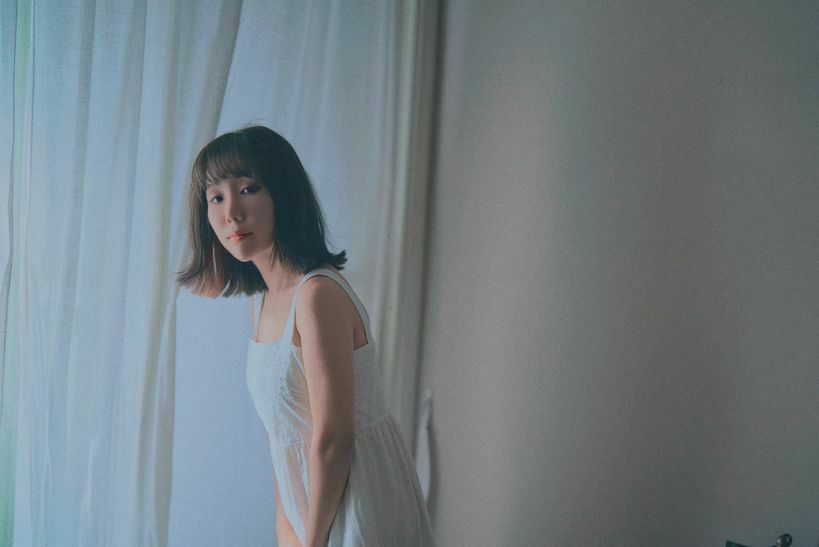
Credit: Ruth Kueo (Facebook)
Are there any local tunes that you’ve found to be great remedies for homesickness?
I wrote a song, '幸福可以很简单', for Royal Umbrella’s rice advertisement sometime back in 2016 and I’ve always found that song to be a good reminder that the simple happiness in life comes from little things like a home-cooked meal by my mum.
Speaking of your time in Taiwan, a belated congratulations on winning the 2021 edition of 台灣那麼旺! Considering you achieved this not long after moving to Taiwan, what kind of effect did it have on your morale?
I moved to Taiwan during COVID times, so there weren’t many music opportunities back then. When I first received the invitation to join the show, I had some reservations about it as I did not want to compete in a singing competition. But it was a Saturday night show in Taiwan with the highest viewership ratings back then, and people around me thought it would be a really good exposure and surprise for a Singaporean to be on the show. Hence, I kept an open mind and convinced myself to step out of my comfort zone to do things that I did not necessarily like at first.
It turned out to be a really enriching journey for me — having to learn many different songs I’d never heard of, working with TV people, and understanding Taiwanese culture. It was also a journey of self-discovery — rediscovering myself and what kind of music I wanted to do through this process. After being on the show for over a year, recording over 76 episodes, I emerged as the champion of the series with NTD 1,000,000 (minus taxes).
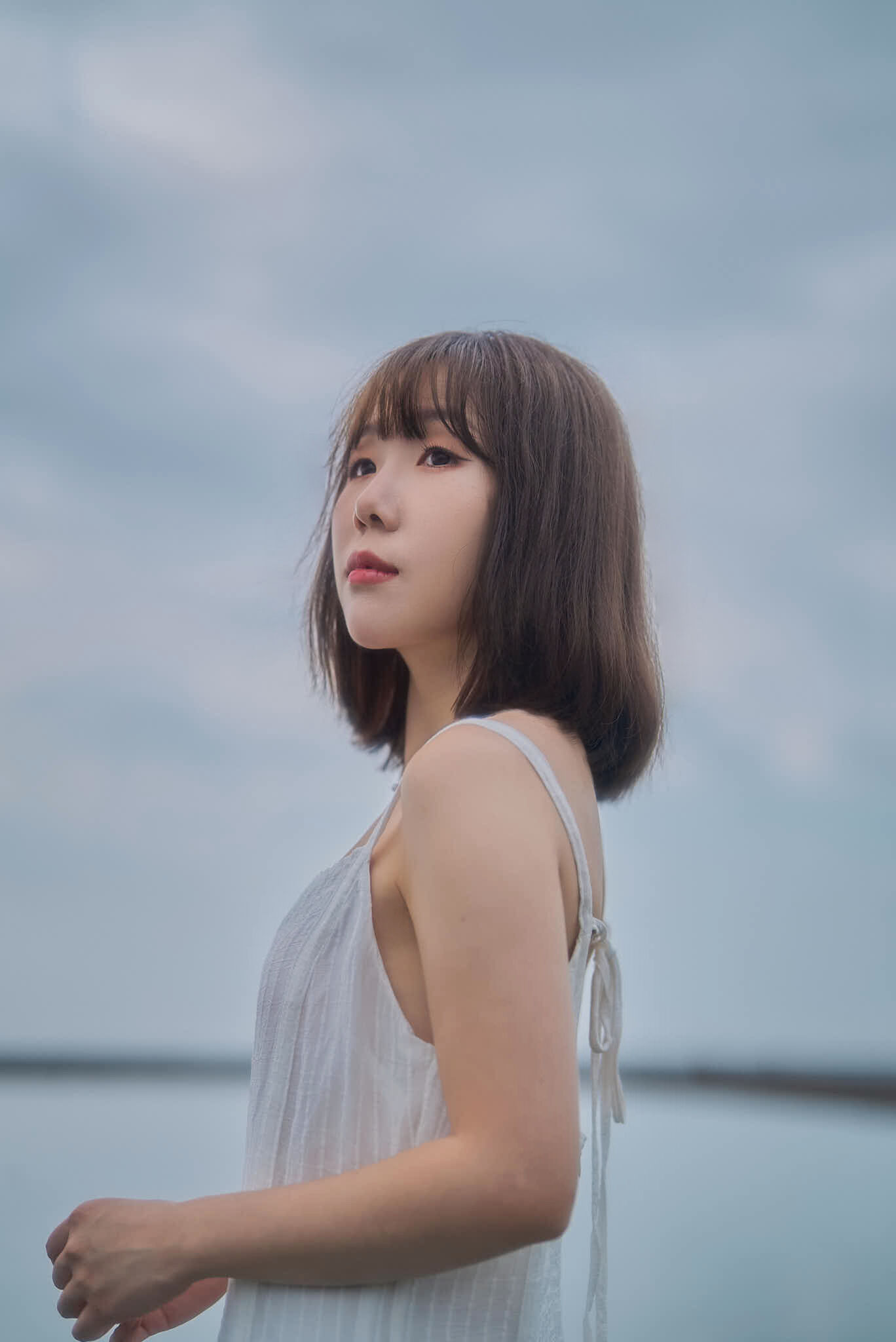
"It (competing on 台灣那麼旺) turned out to be a really enriching journey for me — having to learn many different songs I’d never heard of, working with TV people, and understanding Taiwanese culture."
In June of this year, you returned to Singapore for a homecoming concert. How did it feel to perform for your fans in Singapore again?
It felt surreal as it’d been a long time, almost four years since my last music concert in Singapore. It was nice to reconnect with old fans and connect with new ones, showing them as well as my friends and family a better version of myself.
I believe I’ve grown a lot more as a singer-songwriter and improved on my craft. It felt nice to not only share my songs, but also songs I’ve written for others and gotten placements and achievements for over the last few years. [These include] the Eve Echoes theme song 'Beyond the Sky', [which won the] Hollywood Music in Media Award for Best Game Song, songs written for Chinese singer Betty Wu and Taiwanese singer Vera Yen, all the behind-the-scenes work, the cultural differences, and funny stories living in Taiwan. It felt like a catch-up with old friends, and [an opportunity to reassure] them that I’ve been well and hope the same for them as well.
It was also a great surprise that my boyfriend proposed to me during the concert. Some of my friends and fans told me that it felt like they finally married off their girl and they felt super happy and touched during the concert.
View this post on Instagram
"It was nice to reconnect with old fans and connect with new ones (at my Singapore show), showing them as well as my friends and family a better version of myself. "
Your new album, 同溫 (When Our Worlds Collide), explores “group psychology” and “group mentality”. How did you decide on these themes? Were there any particular observations that you made about people that inspired them?
After the competition, I had a period of free time when I was figuring out what to do next. One fine weekend, I did absolutely nothing and spent the whole time swiping through social media looking at random videos and news. It felt uncomfortable to me knowing I could be such a sloth and just live my life through social media, which has probably gotten a hold of my likes and dislikes and only shows what I might be interested in. Hence, I started to reflect on the ideas of “social media psychology”, mob mentality”, and “stepping out of one's comfort zone” and I had an intense conversation with my fiancé about them. Our ability to know information is simply a swipe away, causing us to know everything about everybody. But we also quickly form faulty, unjustified views because of social media algorithms.
It was also through some self-reflection during that period of time that I realised I’m someone who is quite uncomfortable with staying unproductive and stagnant, which I guess was the reason I moved to Taiwan to seek new opportunities to grow and learn and even joined the competition we talked about above.
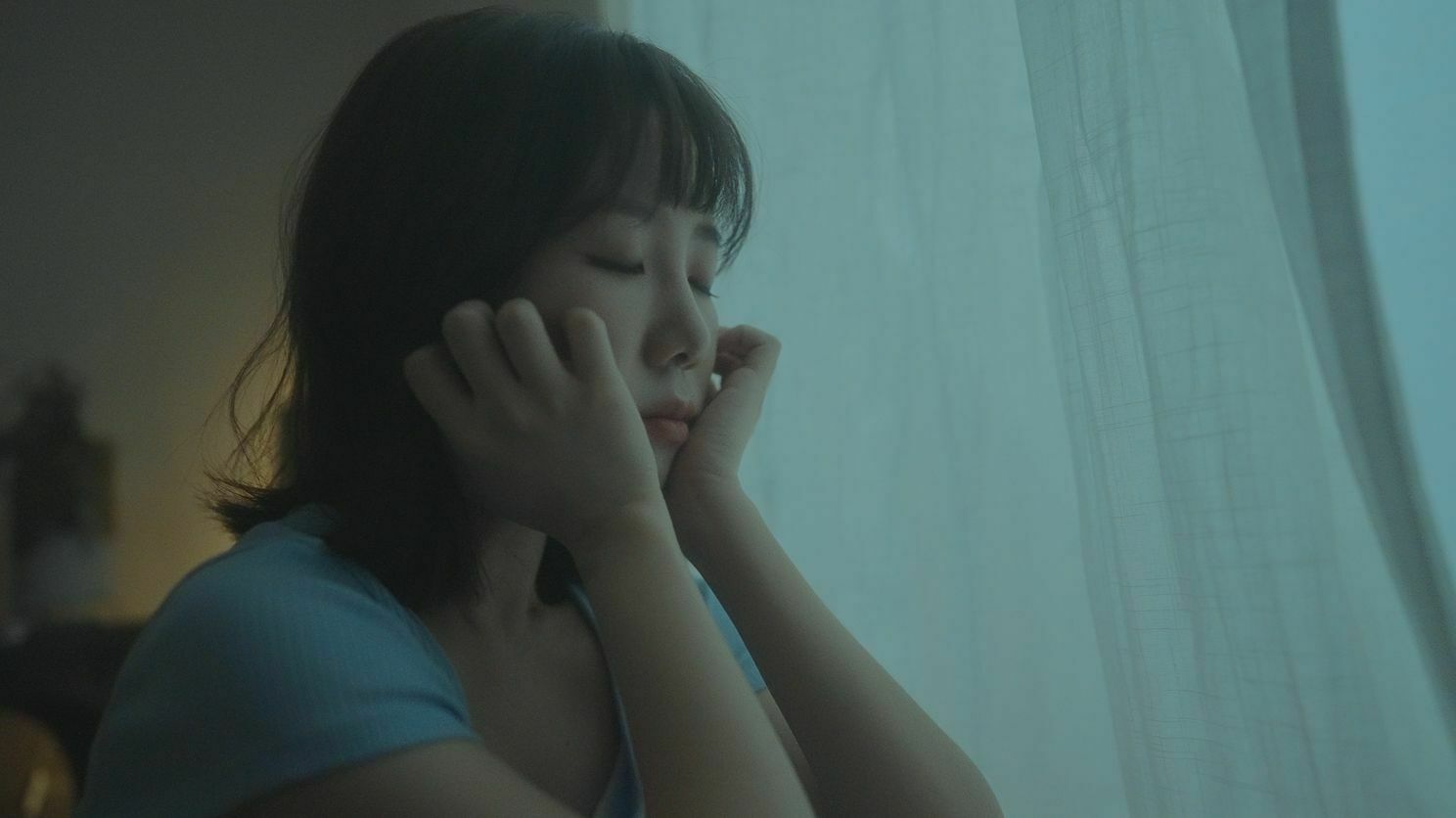
"I realised I’m someone who is quite uncomfortable with staying unproductive and stagnant, which I guess was the reason I moved to Taiwan to seek new opportunities to grow and learn"
As an indie singer-songwriter in the Chinese/Mandopop scene in Singapore, I’ve always felt that I am part of a small group of people, working similarly to get our music heard, but not necessarily receiving the support we hoped for. The year I turned 30 was the year I felt I should do things differently to reach out to more people as there is inevitably a bigger target audience of Mandopop listeners in Taiwan and China, telling myself, “If I never try, I’ll never know.”
But it was also through this experience that I learnt to cherish my family and loved ones more. Being away made me realise I had taken many things for granted in the past. And I was also lucky to have found my better half/ soulmate who is also a singer-songwriter (and a Taiwanese music producer) through this change.
Having said all this, by stepping out, I am not saying that one should leave everything behind to be all alone out there, but rather, simply make small changes in our lives to make our days happier. After all, I believe humans are not meant to be alone; we are social creatures requiring companionship, simply moving from place to place, group to group.
With all the above in mind, I wrote an entire album about my own experience of stepping out of my comfort zone and the good and bad of group mentality and group psychology, with the good being the real connections we might find — our family, true friend, and loved ones whom we should love in time. This theme is reflected in my songs '我的世界多了一个同温的你', '时间偷走的盛夏', '奎龙梦'. The bad would be the group mentality on social media that has somewhat shaped the current values of people (the number of likes & views, the engagement rates, blue ticks on social media, and so on) and negatively impacted mental health. This theme is elaborated on and reflected in two of my songs 'U N I Q U E', and '社群症候群'.
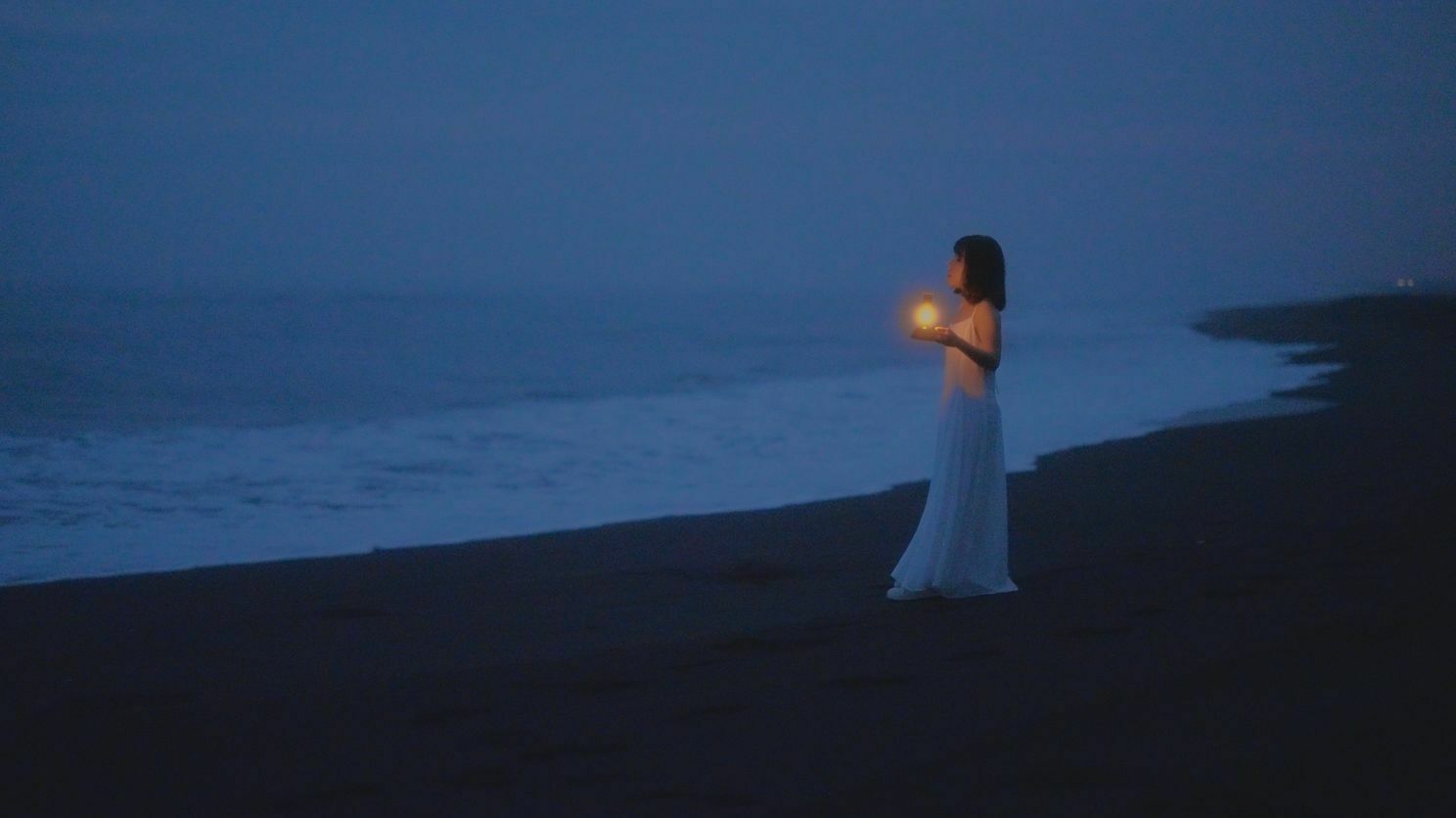
"I wrote an entire album about my own experience of stepping out of my comfort zone and the good and bad of group mentality and group psychology"
You’ve described yourself as having “intrinsic optimism”. In what ways can we see this in 同溫 (When Our Worlds Collide)?
Yes, I think I’m generally quite positive and believe that the glass is always half full. Regarding group mentality and psychology, the album has a bigger share of songs talking about the good side of it, when it comes to family, loved ones, and true friends that are comfort zones we all should have and hold on to. 'Roselia' is an encouraging [song from] the album about finding the courage to step out of one’s comfort zone and becoming stronger and shining brighter through the process.
'Living In The Bubble', the intro song of the album, brings forth the theme of all of us living in our own different bubble worlds. I sang a beautiful picture of a bubble world and invited people to stay in this bubble world with me. We chose to use a dream-pop arrangement to make it sound nice and dreamy. And when it comes down to the two songs talking about social media impacts, we made them catchy with hip-hop beats and groovy guitar riffs for '社群症候群' and chill city-pop sounds for 'U N I Q U E'. The entire tone of voice of the album makes it easy to listen to in your little comfort zone — not too deep or dark. I think this is where I show my intrinsic optimism about life in general.
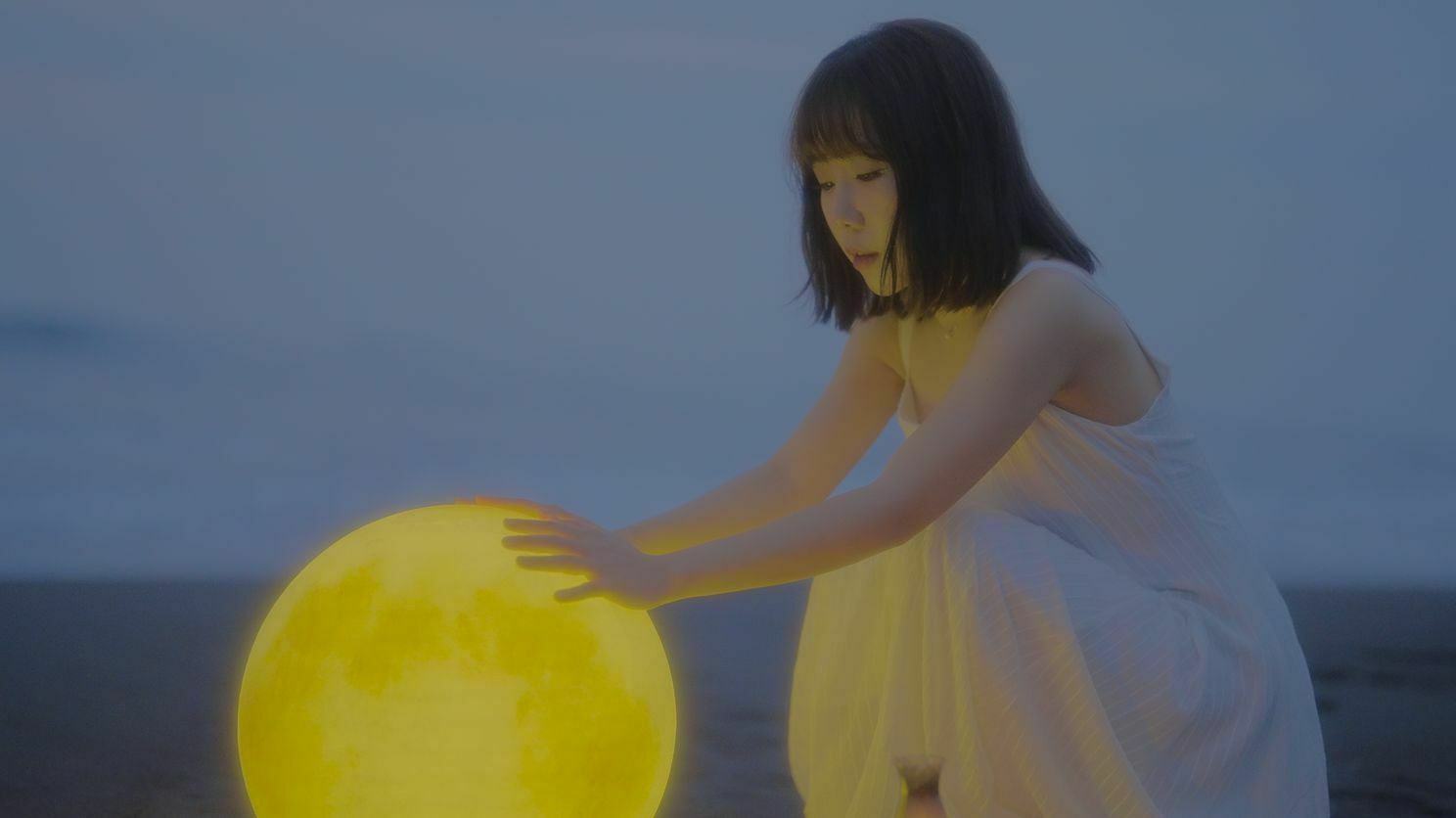
"The entire tone of voice of the album makes it easy to listen to in your little comfort zone — not too deep or dark."
Experimenting with genres such as hip-hop, city pop, dream pop, ambient rock, and blues in this album was one way in which you ventured out of comfortable territory. Which genre(s) required you to push yourself the most?
The most challenging song was '挤烧' which is the only 台语 (Hokkien) song on the album. I’ve always wanted to have a song in this language. It [does not fit your] typical impression of how a Hokkien song would sound as it is a chill R&B number with a soft beat. Some of my friends thought I was singing in Korean when they first heard the chorus. I don’t speak in Hokkien, hence it was challenging for me to record this original song written by my fiancé. During the competition, I was singing cover songs in Hokkien and had someone’s version to refer to. However, for this song on my album, I had to find my own voice and sound in this language.
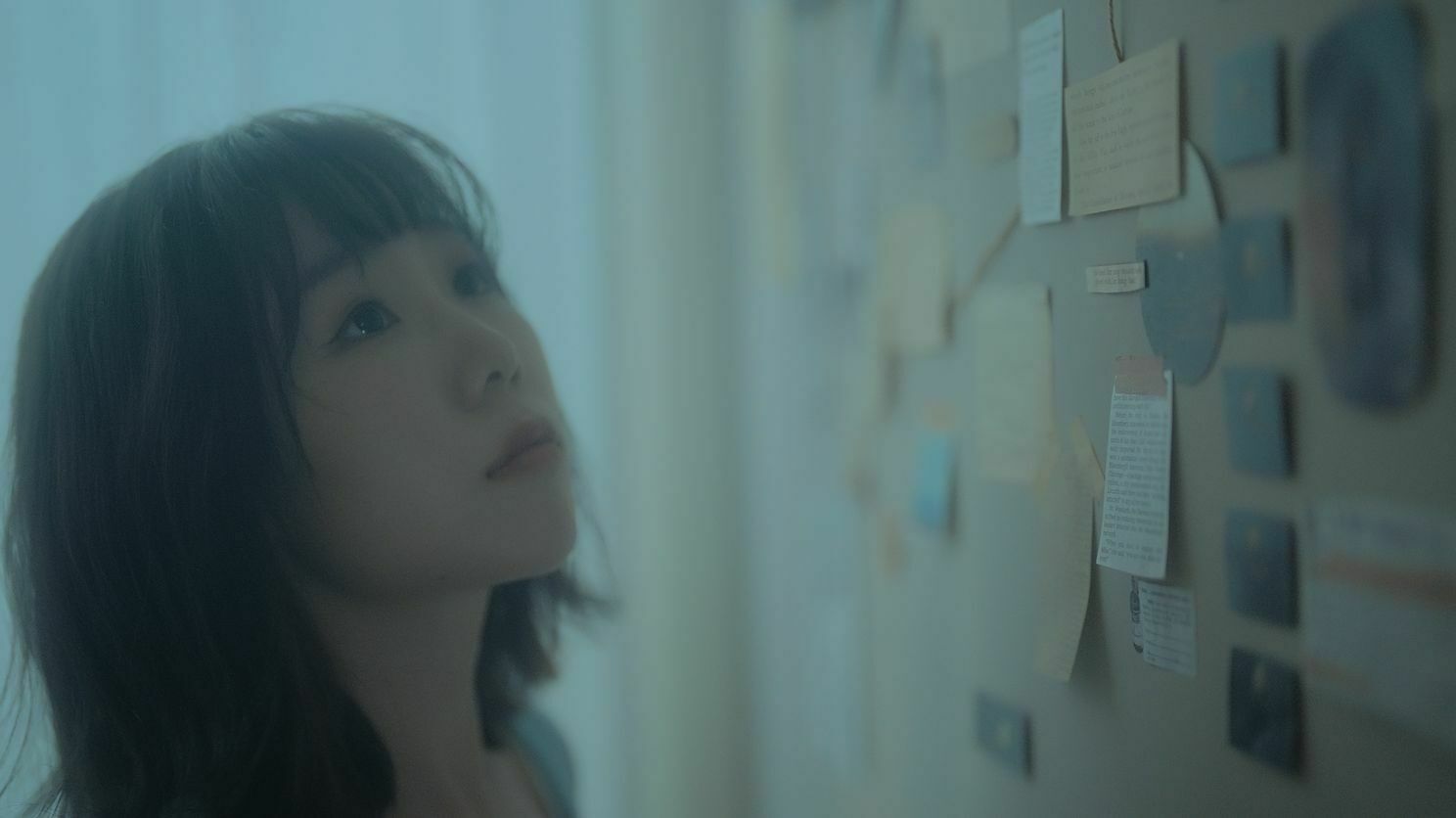
What are some lessons that you think the version of you that was just starting out as a musician a decade ago could learn if she was able to listen to this record?
Find joy in little things.
Care more for my close friends and family.
Stop envying others and put my phone aside now.
Be ready to accept another challenge tomorrow!
Finally, what are some challenges that you’d like to take on as an artist next?
I think it is really important to learn how to market my own music as an artist, so I’m currently learning how to make better short videos and better promote my songs, using social media as a tool to help me, and not letting it be something that affects my life. I also hope to collaborate with some artists of the previous generation whom I look up to. I think their wisdom and experiences will give me a fresh take on things.
Stream 同溫 (When Our Worlds Collide) here:
This interview has been edited for clarity.



